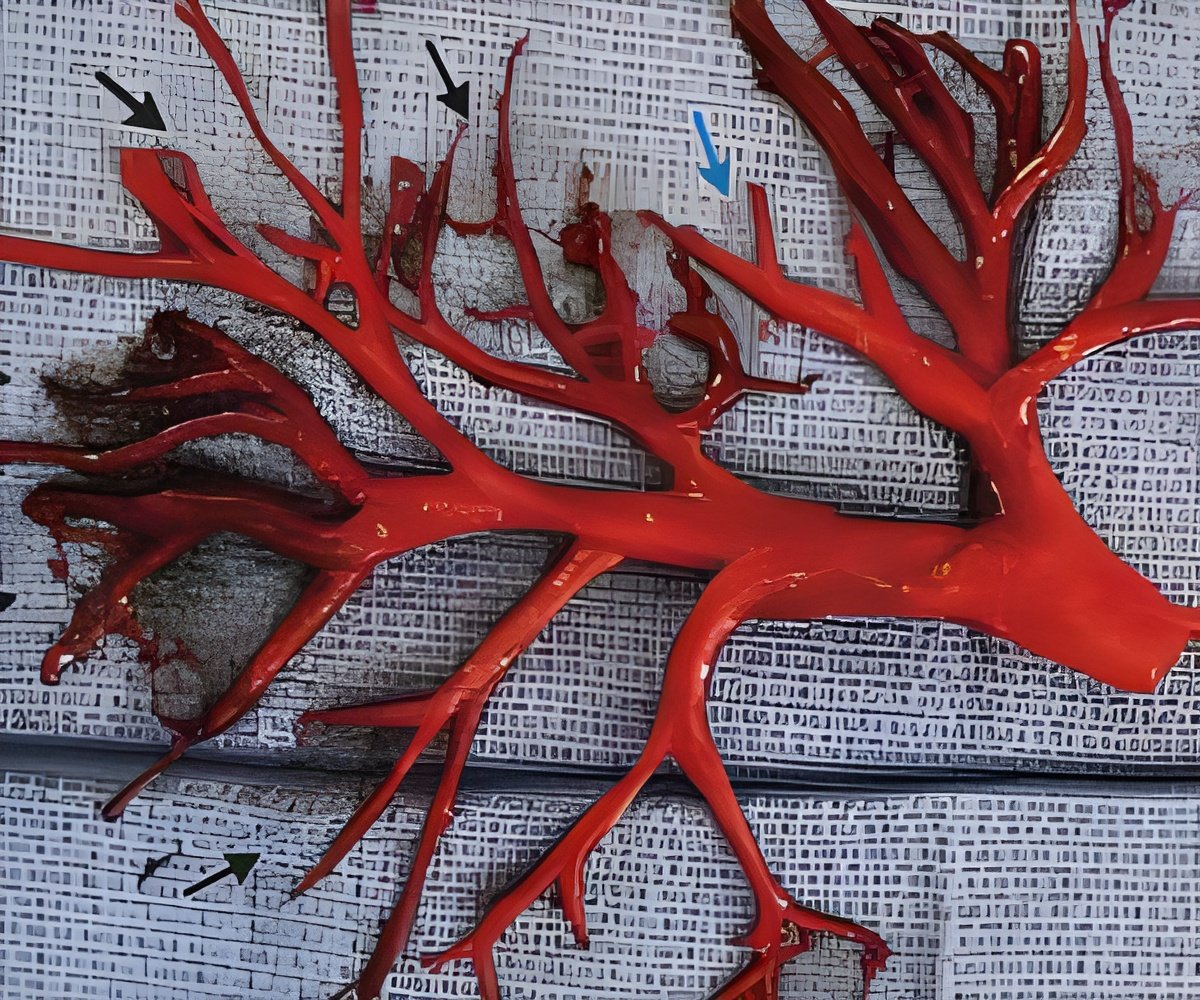COVID-19 is found to trigger a rare recurrence of potentially serious blood clots in people's arms.

‘COVID-19 is found to trigger a rare recurrence of potentially serious blood clots in people's arms. This helps in the understanding of how inflammation caused by COVID-19 can lead to upper extremity blood clots and improve the treatment strategies for them.’





The understanding of how inflammation caused by COVID-19 can lead to upper extremity blood clots is improved for planning further effective treatments. The case study is part of a larger Rutgers study of 1,000 hospitalized patients diagnosed with COVID-19 who were admitted and discharged between March and May 2020. Blood Clots Triggered by COVID-19
"The patient presented to his primary care physician with complaints of swelling in his left arm and was sent to the hospital for further management where he was diagnosed with an upper arm blood clot and an asymptomatic COVID-19 infection. While his oxygen levels were not diminished, he was hospitalized for the management of the upper extremity deep vein blood clot. Often, blood clots are preceded by chronic inflammatory conditions exacerbated by immobility, and rarely do they occur in patients who are otherwise healthy and active at baseline," says Payal Parikh, an assistant professor of medicine at Rutgers Robert Wood Johnson Medical School.
The incidence of deep vein thrombosis most commonly occurs in the legs. It is estimated that only about 10% of blood clots occur in the arms and of those cases, only 9% recurring. However, a concern arises because in 30% of these patients, the blood clot can travel to the lung and result in death.
The study suggests that clinicians should consider testing for deep vein thrombosis and COVID-19 in patients who present with complaints of unexplained swelling. People who test positive for COVID-19 should seek medical attention if they have declining oxygen levels, shortness of breath, and any unexplained swelling.
Advertisement
Source-Medindia














